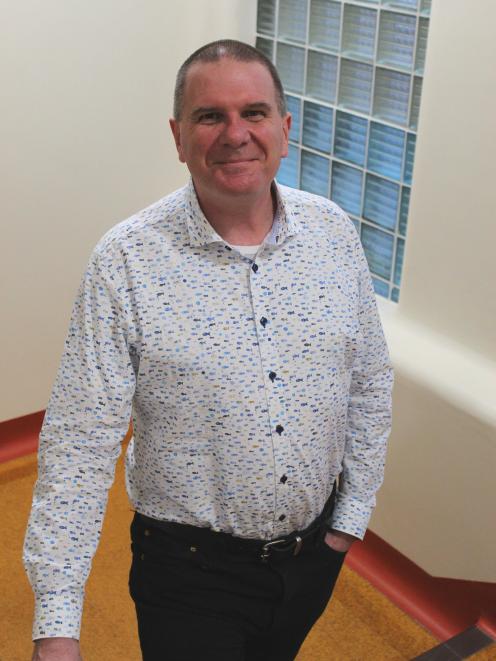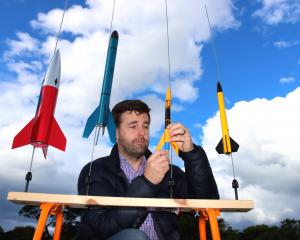
A witty comment by a geneticist friend of University of Otago professor Stephen Robertson said sometimes geneticists talk as though they are the only medical professional afraid of their tools.
That is because it seems for every benefit of DNA testing there seems to be a potential risk.
Prof Robertson encouraged a "buyer-beware" approach to some direct-to consumer DNA testing.
It was important to to divide DNA testing into recreational genetics versus diagnostic genetics.
Recreational genetics included things that triggered people’s curiosity, such as ancestry, but donot have a serious health-related intent.
However the quality of these tools were not evenly spread over populations throughout the world.
"People with European ancestry have been very well studied genetically, and increasingly, those in east Asia have been as well."
The accuracy of tests would "falls away" however for some indigenous and smaller populations.
"Examples of that are Maori and Polynesian, Oceanian people."
"So we have to be cautious about drawing too many conclusions out of the results, because they have those sorts of limitations."
Some "direct-to-consumer" genetic testing were questionable in terms of their scientific underpinnings.
Recreational genetics should be "there for fun" but people should be mindful of more serious outcomes.
Sending away for a DNA test involved giving a company your biological data.
"Some of those companies do make promises that they won’t hand the data on or misuse it or use it for any other untoward purposes.
"But frequently in the fine print there is an explicit expression that it’s exactly what they would like to do."
When it came to diagnostic genetics in healthcare DNA testing could have valuable benefits.
In particular it was useful for relatives of people with purely genetic conditions.
"About 8% of the New Zealand population has a rare condition and many of those are genetic."
As the genetic basis of these conditions were defined, being able to let people know whether they had a predisposition to develop the condition or not was valuable data.
A high-profile example of this was movie star Angelina Jolie who had susceptibility to develop breast cancer and or ovarian cancer on account of inheriting a gene fault in the BRCA1 gene from her mother.
Her mother died from breast cancer.
"So Angelina Jolie had herself tested and it was shown she had inherited that genetic change from her mother, and she went forward to have a bilateral mastectomy."
That will have dramatically decreased her risk of developing breast cancer, Prof Robertson said.















